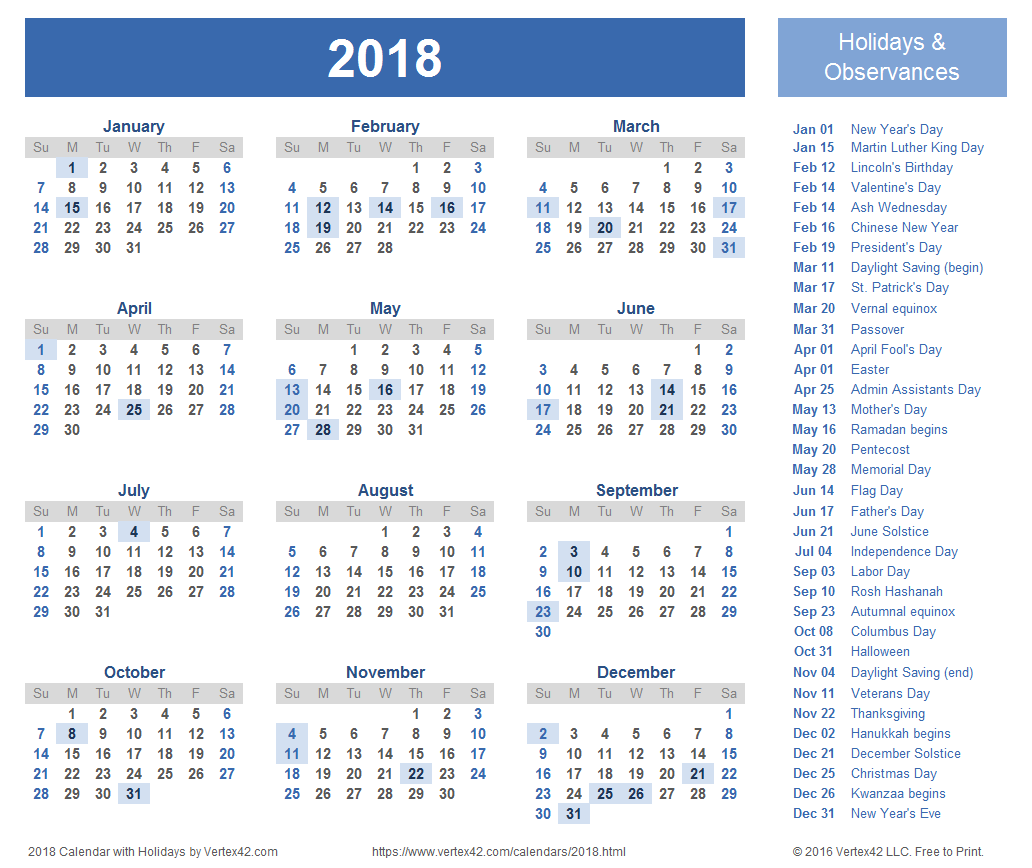

The len() of this will give us the number of the week. , whichever you specify) which happened in a given year before your date. The list will contain the list of specificdays (ie Mondays, Tuesdays.

For example, starts like this: [datetime.date(2020, 1, 7), Specificdays is a list of datetime.date objects in the year being the same weekday as weekstartsonthisday. Now to get the number of week of a given date, do: def weeknumber(year, month, day, weekstartsonthisday): The main function we are going to use: def alldays(year, whichDayYouWant):ĭ += timedelta(days = (weeknum(whichDayYouWant) - d.weekday()) % 7) Return time.strptime('Sunday', "%A").tm_wday Sundays in a given year.Īlternatively, (using this): def weeknum(dayname): You can use this answer (which relies on this answer) to the question How can I select all of the Sundays for a year using Python? to get all Mondays, Tuesdays, Wednesdays. Print(get_week_number(WEEKDAY.FRI, datetime(2018, 12, 19)))Ĭopy the functions from below, then weeknumber(2020, 8, 21, 'Tuesday') will give you the number of the week Augfalls into, week count starting on Tuesday, days in 2020 before the first Tuesday will have week number 0. Return date.year, (date-year_start).days // 7 + 1, (date-year_start).days % 7 + 1 Year_start = datetime(date.year, 1, 1) - timedelta(days=(datetime(date.year, 1, 1).isoweekday() - start) % 7) If a week starts from Monday # Mo Tu Wd Th Fr Sa Sn If you want every date's year is exactly the date itself's year, there's another form of week definition as follows. Print my_calendar.calculate(s) = s.isocalendar() my_calendar = CustomizedCalendar(start_weekday=WEEKDAY.MON) We always ensure that the last week number is listed below.
2018 CALENDAR BY WEEK NUMBER ISO
We could simply initialize CustomizedCalendar with original ISO settings, and verify if the outcome is the same with original isocalendar()'s result. Week number Watch the current week number of the week. All weeks are starting on Monday and ending on Sunday. Print(my_calendar.calculate(datetime(2020, 1, 2))) Click here for weeks in 2018 This page lists all weeks in 2017. My_calendar = CustomizedCalendar(start_weekday=WEEKDAY.FRI, indicator_weekday=WEEKDAY.MON) Return year, (diff_days // 7 + 1), (diff_days % 7 + 1) Year = self.get_week_indicator(date).yearįirst_date_of_first_week = self.get_first_week(year)ĭiff_days = (date - first_date_of_first_week).days Return self.get_week_start(datetime(year, 1, 8)) Return self.get_week_start(datetime(year, 1, 1))Įlse: # The date "year.1.1" is on the last week of "year-1". If indicator_date.year = year: # The date "year.1.1" is on 1st week. Indicator_date = self.get_week_indicator(datetime(year, 1, 1)) Return week_start + timedelta(days=self.indicator_delta) returntype: is a number which can let excel know on which day the week has started. It can be a reference of the cell which is containing your date value. Self.indicator_delta = 3 if not (indicator_weekday) else (indicator_weekday - start_weekday) % 7ĭelta = date.isoweekday() - self.start_weekday The syntax for the excel WEEKNUM function, which outputs week number from a given date value, is as below: Where, serialnumber: is a date value for which you want to calculate the week number. WEEKDAY = IntEnum('WEEKDAY', 'MON TUE WED THU FRI SAT SUN', start=1)ĭef _init_(self, start_weekday, indicator_weekday=None): Solution from datetime import datetime, timedelta
2018 CALENDAR BY WEEK NUMBER CODE
You could just copy paste the code in the section " Solution" and see if the result is what you want. So the question is, how could I "fix" this, so how can I get Excel to give me 19 & 01 for 31-12-2018? Ideally I am looking for a solution that does not involve any VBA.The sections " ISO Standard" and " What you want" is to clarify your need. This is then followed by some further processing, summing data based on year and week number, and the issue is that then also the data of the 31st of December 2018 is taken into account for week 1 of 2018, while the 31st of December is obviously not in week 1 of 2018, but in week 1 of 2019. Year is simply determined by using the YEAR function on the date, and the week number is determined using the ISOWEEKNUM function on the date. I'm trying to get a combination of year and week number in the format of YYWW, so for example 1752, or 1801, based on a column with dates, something like this: Date Year Week Several questions have been asked in the past on Weeknumber and Year in Excel, however, I have a specific question that I couldn't find the answer to.


 0 kommentar(er)
0 kommentar(er)
